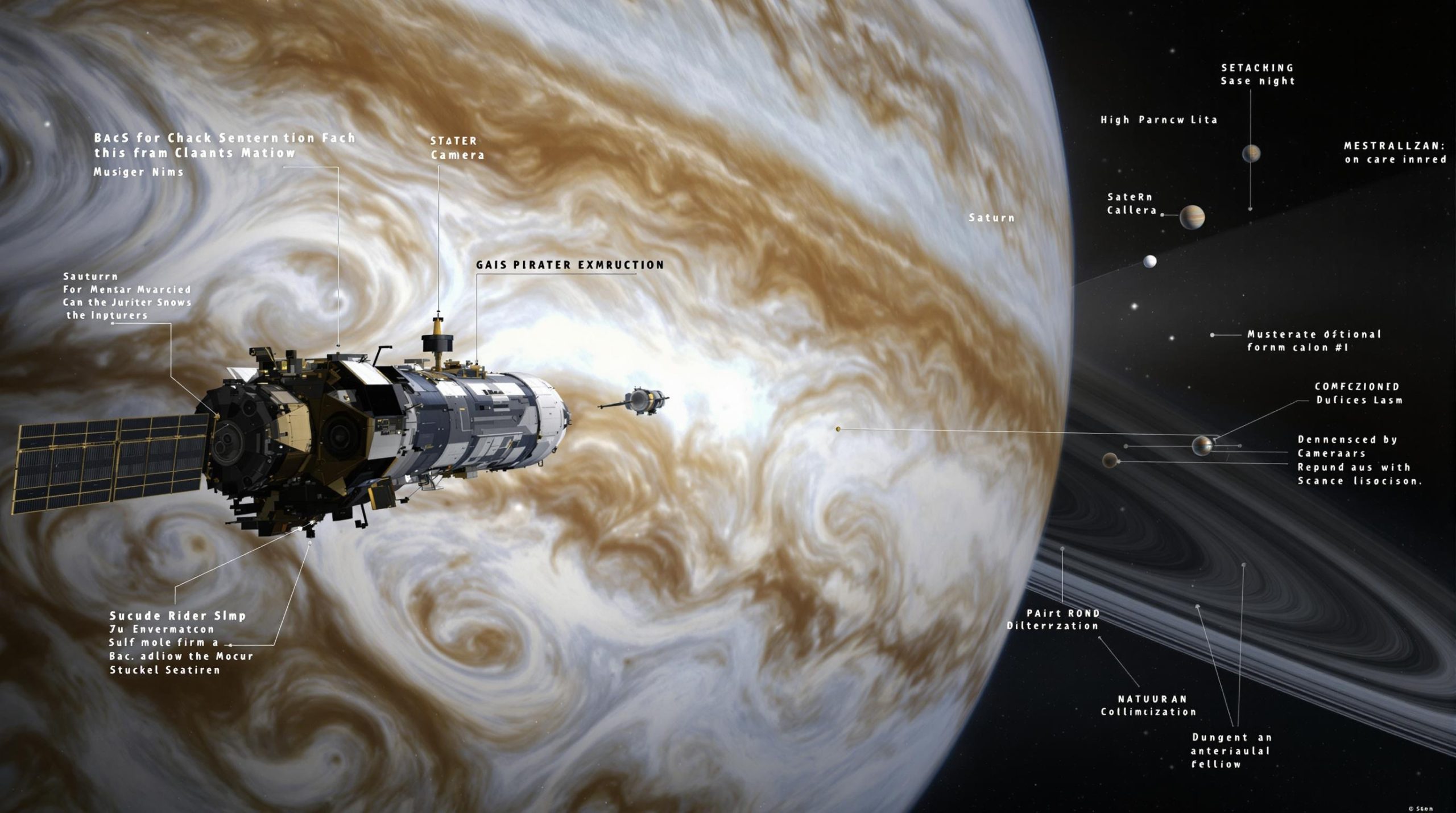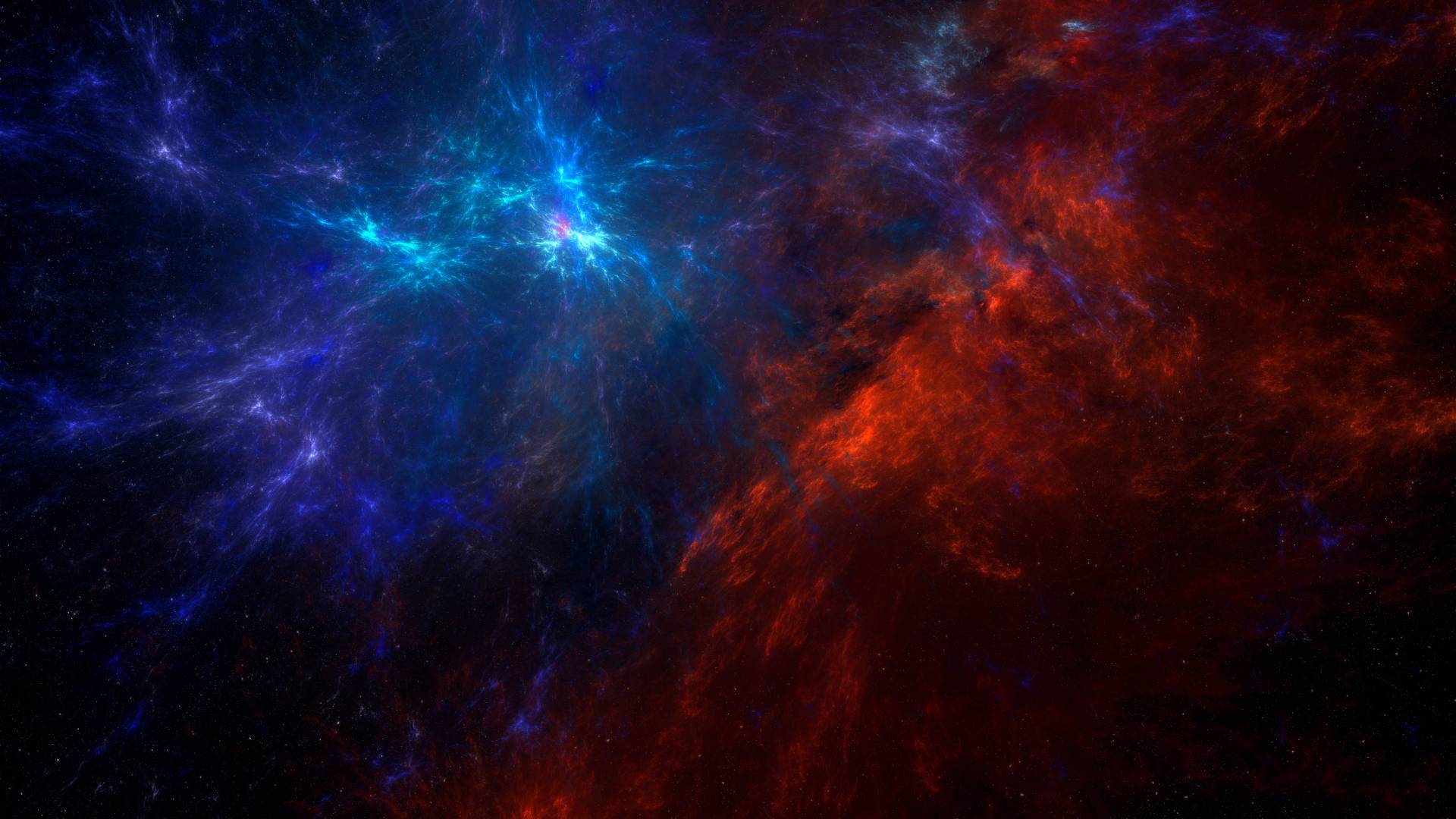pace exploration has always been a cornerstone of humanity’s quest for knowledge. Among the many tools that enable us to explore the cosmos, space probes stand out as one of the most critical. These uncrewed spacecraft have ventured farther than any human has ever gone, uncovering the secrets of planets, moons, asteroids, and the vast expanse beyond. In this article, we will explore why space probes are indispensable to modern exploration, their achievements, and the future they promise. Stay with Spaceyv
What Are Space Probes?
A space probe is an unmanned spacecraft designed to collect data about the universe and transmit it back to Earth. Unlike satellites that orbit Earth or crewed missions that involve astronauts, probes are sent to destinations far beyond Earth, including:
- Planets and their moons.
- Asteroids and comets.
- The Sun and its surrounding environment.
- The edges of our solar system and beyond.
Equipped with scientific instruments, cameras, and communication systems, space probes can operate in harsh environments and provide insights into worlds that are otherwise inaccessible.
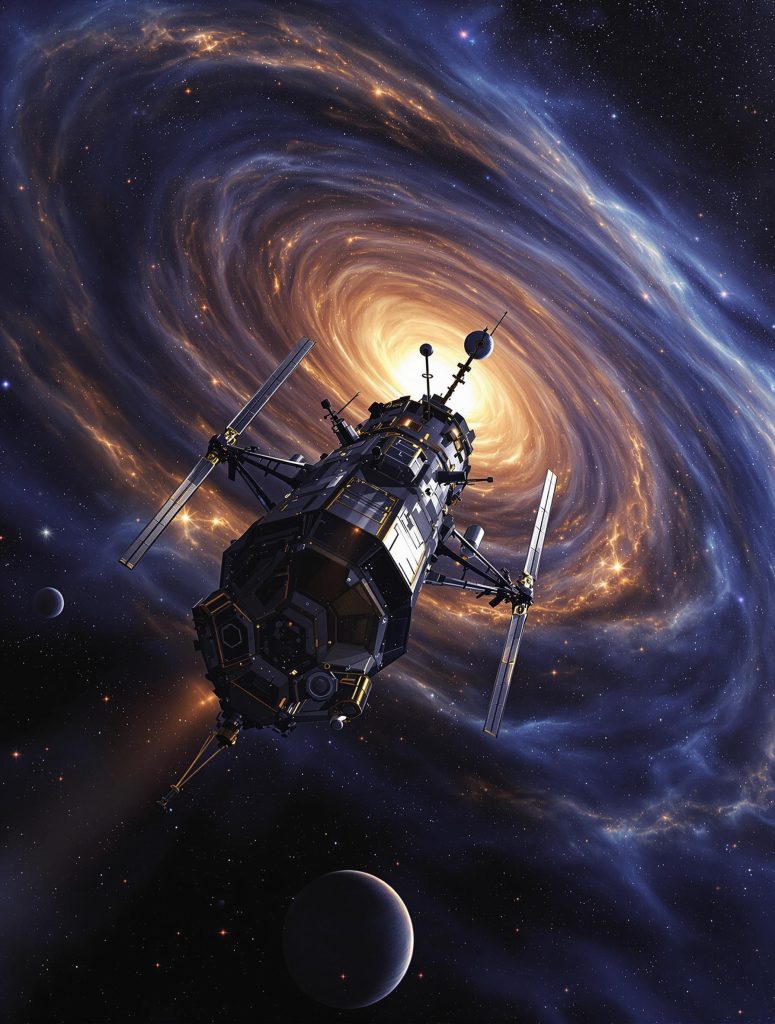
The Role of Space Probes in Exploration
1. Expanding Our Reach
Space probes allow us to explore regions of space that are beyond human reach. Sending astronauts to distant planets or moons involves immense logistical challenges, safety risks, and costs. Probes, on the other hand, can travel vast distances, enduring extreme conditions to gather data and send it back to Earth.
2. Gathering Crucial Data
Probes are equipped with sophisticated instruments that can:
- Analyze the composition of planetary atmospheres and surfaces.
- Measure magnetic fields and radiation levels.
- Detect signs of water, organic molecules, and other markers of habitability.
- Capture high-resolution images of celestial bodies.
These data are crucial for understanding the formation and evolution of the solar system, as well as identifying potential sites for future human exploration.
3. Cost-Effective Exploration
Compared to crewed missions, space probes are more cost-effective. They can operate autonomously for years or even decades, providing a continuous stream of data without the need for life-support systems, food, or return journeys.
4. Advancing Science and Technology
The development of space probes pushes the boundaries of engineering and technology. Innovations in propulsion, communication, and materials science driven by probe missions often have applications beyond space exploration, benefiting industries on Earth.
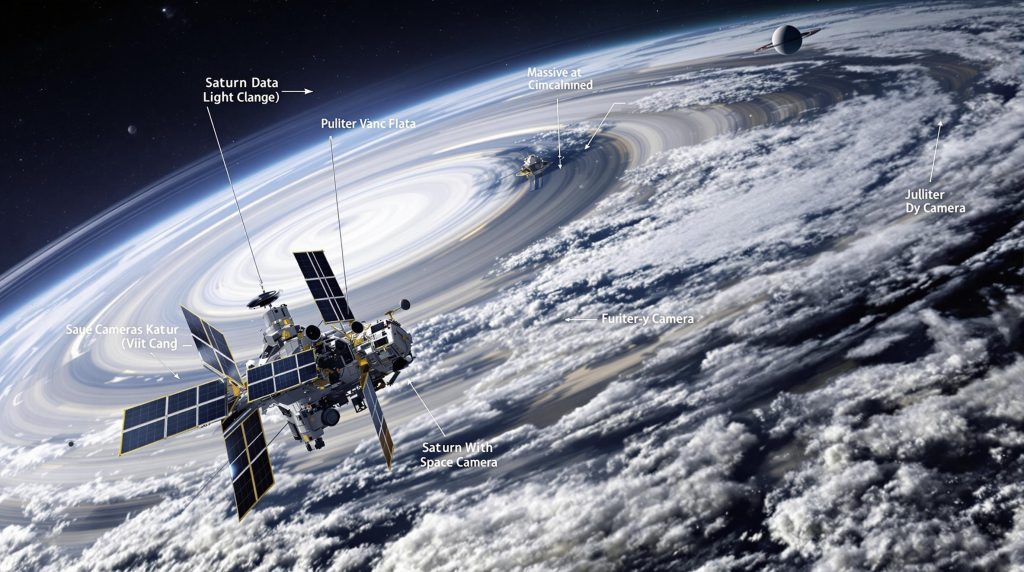
Key Achievements of Space Probes
1. Studying Planets
Space probes have revolutionized our understanding of the planets in our solar system. Examples include:
- Voyager Probes: Voyager 1 and 2 provided the first close-up images of Jupiter, Saturn, Uranus, and Neptune and continue to send data from interstellar space.
- Mars Rovers and Orbiters: Probes like Perseverance, Curiosity, and Mars Reconnaissance Orbiter have uncovered evidence of water and past habitability on Mars.
- Cassini: This probe studied Saturn and its moons, revealing the icy plumes of Enceladus and the methane lakes of Titan.
2. Exploring the Sun and Heliosphere
Probes like the Parker Solar Probe and Solar Orbiter have ventured closer to the Sun than ever before, providing insights into solar winds, magnetic fields, and the mechanisms that drive solar activity.
3. Investigating Comets and Asteroids
Missions like Rosetta (which landed a probe on a comet) and OSIRIS-REx (which collected samples from an asteroid) have expanded our understanding of these primitive bodies, offering clues about the early solar system.
4. Venturing Beyond the Solar System
The Voyager and Pioneer missions have crossed the boundaries of our solar system, entering interstellar space and carrying messages from humanity to potential extraterrestrial civilizations.
Why Space Probes Are Vital to Humanity’s Future
1. Preparing for Human Exploration
Before humans set foot on distant worlds, probes act as scouts, identifying potential landing sites, resources, and hazards. For example, the Mars rovers have laid the groundwork for future crewed missions to the Red Planet.
2. Searching for Life
One of the most profound questions in science is whether we are alone in the universe. Probes like Europa Clipper and Dragonfly aim to explore ocean worlds and organic-rich environments, searching for signs of extraterrestrial life.
3. Understanding Earth’s Place in the Universe
Studying other planets helps us draw comparisons with Earth, deepening our understanding of climate, geology, and the potential for catastrophic events like asteroid impacts.
4. Inspiring Generations
Space probes symbolize human curiosity and ingenuity, inspiring people around the world to dream big and pursue careers in science, technology, engineering, and mathematics (STEM).
The Challenges of Space Probes
Despite their incredible capabilities, space probes face several challenges:
- Long Distances: Signals from distant probes can take minutes to hours to reach Earth, requiring autonomous operation.
- Harsh Environments: Probes must withstand extreme temperatures, radiation, and mechanical stresses.
- Longevity: Many missions last for decades, requiring durable designs and reliable systems.
- Budget Constraints: Space probes are expensive, and funding for missions must compete with other priorities.
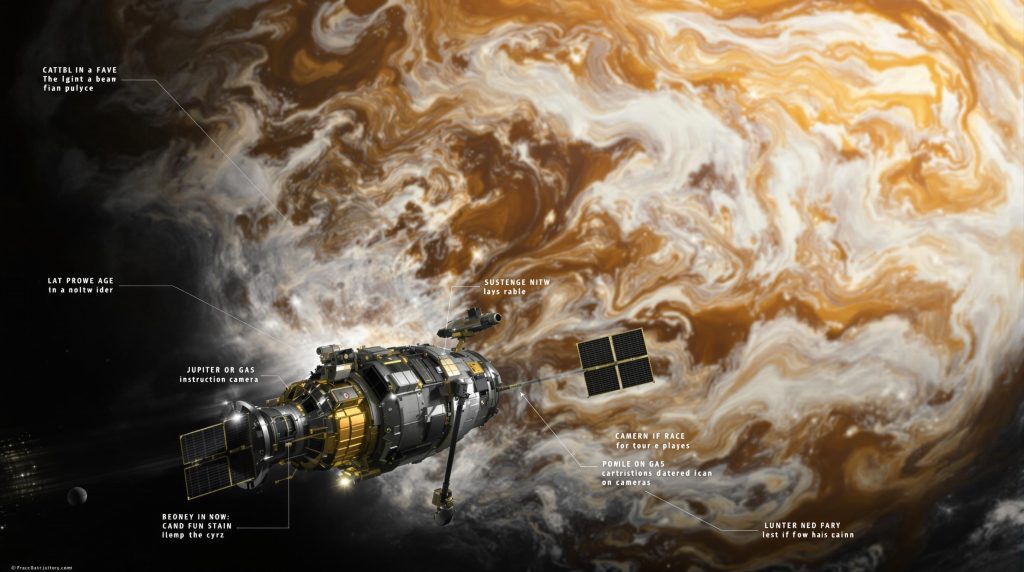
Future of Space Probes
The future of space probes is bright, with upcoming missions set to push the boundaries of exploration:
- Europa Clipper: A mission to study Jupiter’s moon Europa, which may harbor a subsurface ocean.
- James Webb Space Telescope (JWST): While primarily an observatory, JWST acts like a probe, exploring the universe’s earliest galaxies.
- Dragonfly: A drone-like probe designed to explore Titan, Saturn’s largest moon.
- Interstellar Probes: Concepts for missions designed to study the environment beyond our solar system are in development.
Conclusion
Space probes are indispensable tools in humanity’s quest to explore and understand the cosmos. They have unlocked the mysteries of distant planets, revealed the dynamic nature of our Sun, and even begun to answer the age-old question of whether life exists beyond Earth. As we look to the future, space probes will continue to lead the way, paving paths for human exploration, advancing science, and inspiring generations to reach for the stars.
1. What is the purpose of a space probe?
Space probes are designed to explore celestial bodies and regions of space, collect scientific data, and transmit it back to Earth for analysis.
2. How do space probes communicate with Earth?
Space probes use radio waves to send data to and receive commands from ground stations via antennas and the Deep Space Network.
3. How long do space probes last?
The lifespan of a space probe depends on its mission design, but some, like the Voyagers, have operated for decades.
4. What powers space probes?
Space probes are typically powered by solar panels or radioisotope thermoelectric generators (RTGs) that convert heat from radioactive decay into electricity.
5. Can space probes be reused?
Most space probes are not designed for reuse, as they often operate in extreme environments or travel vast distances, making recovery impossible.
6. What are the most famous space probes?
Notable examples include Voyager 1 and 2, Curiosity, Cassini, Rosetta, and the Hubble Space Telescope
Space probes represent the pinnacle of human ingenuity, offering an unparalleled window into the cosmos and ensuring that our exploration of space knows no bounds.
References
NASA – Solar System Exploration
URL: https://solarsystem.nasa.gov
Description: NASA’s official site for information about the solar system, including missions, planets, moons, and space probes like Voyager, Cassini, and Mars rovers.
European Space Agency (ESA) – Space Science
URL: https://www.esa.int
Description: The European Space Agency provides comprehensive information on missions such as Rosetta, BepiColombo, and future explorations like the JUICE mission to Jupiter’s moons.
The Planetary Society – Space Missions
URL: https://www.planetary.org
Description: A nonprofit organization focused on space exploration with detailed insights into past, present, and future space probe missions.

